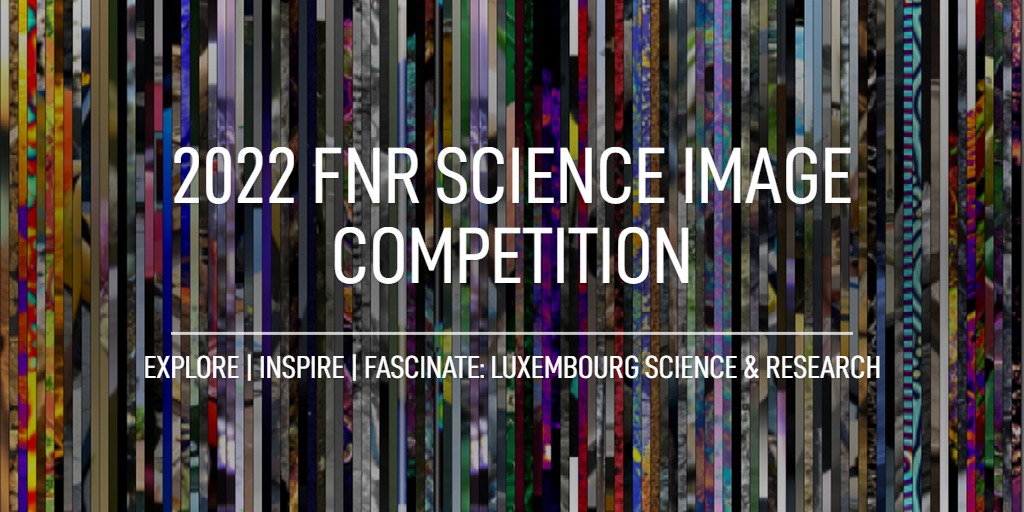
The FNR Science Image Competition aims to show the beauty of research and science outreach in Luxembourg. The photo ‘Experiment station’ received ‘distinction’ at the 2022 Scientists in Action category. Learn more about this fascinating photograph and the robotics research connected to it.

This image shows researcher and PhD candidate Paul Kremer modifying an experimental testing station that he designed. It is used to test a grasping mechanism which will eventually be mounted on a drone in the foreground.
Mobile robots such as service robots, highly automated cars or drones are expected to become a huge market in the coming years. In contrast to the stationary and automatic robot arms, mobile service robots and drones will need to move in unstructured and unknown environments, perform complex tasks with a higher degree of autonomy, as well as closely interact with human users.
The researchers contribute to the creation of such autonomous vehicles and mobile robots.
“We are interested in novel perception and control approaches that enable robots to efficiently act on the ground, in the air and in space.”
The researchers investigate approaches for intelligent control and how adaptation and learning can be applied in the context of perception and control.
“We are fascinated by robots that socially interact with humans and by robots that cooperate in teams. Finally, we also strive for novel methods to support the systems and software engineering of autonomous vehicles and robots.”
The image was taken by Phillipe Ludivig from ispace / SnT at the University of Luxembourg.
Find out more about the Automation & Robotics Research Group
WORD FROM THE JURY
An international jury selected the winning photographs, images and videos, based on their aesthetic quality and their aptitude to inspire and fascinate, to convey or to illustrate knowledge, to narrate a story, to engage the public to explore a new universe.
For the jury, this picture has a very special aesthetical quality and is appealing. With its timeless quality, it is also puzzling: one wonders what kind of science it actually depicts. What is probably the daily work of a scientist takes a different meaning in the eye of the non-specialist.

Philippe Ludivig also took this photo, giving an insight into the Aerial Robotics Lab testing facility at the University of Luxembourg. It shows snapshots of the different stages of a flight trajectory flown by a single drone were merged here into a single image.
The researcher operating the drone is Jose Luis Sanchez Lopez from the Automation Research Group at University’s SnT. The goal of his research is to improve autonomous trajectory planning for unmanned aerial vehicles.
About the FNR Science Image Competition – discover the exhibition!

The FNR Science Image Competition ran for the first time in 2020, on the occasion of the FNR’s 20th birthday. Now in its third edition, the 2022 awarded and ‘distinction’ images – along with the ‘Prix du Public’ awarded in collaboration with media partner RTL, can be discovered at an exhibition at the Luxembourg Science Center from 29 June until the end of September 2022. From Mid-September 2022 you can also discover the exhibition in front of Lycée de Garçons in Luxembourg-Limpertsberg (Place Auguste Laurent) – until the end of the year.
Categories in the FNR Science Image Competition
1) Object of study: From the microcosm to the macrocosm, images of the research object captured by scientists using a camera or generated by a computer.
2) Scientists in action: Photographs of research in practice, presented by and featuring those conducting it.
3) Places and tools: Photographs of the surroundings in which scientists take measurements, generate data, share their passion, make discoveries and of the instruments they use while doing so.
4) Science outreach activities: Photographs of an activity where researcher and science communicators dialogue with the school children, students or the wider public or of interactive projects for school children, students and the wider public, giving them an overview of science and research and/or scientists’ research methods.

















